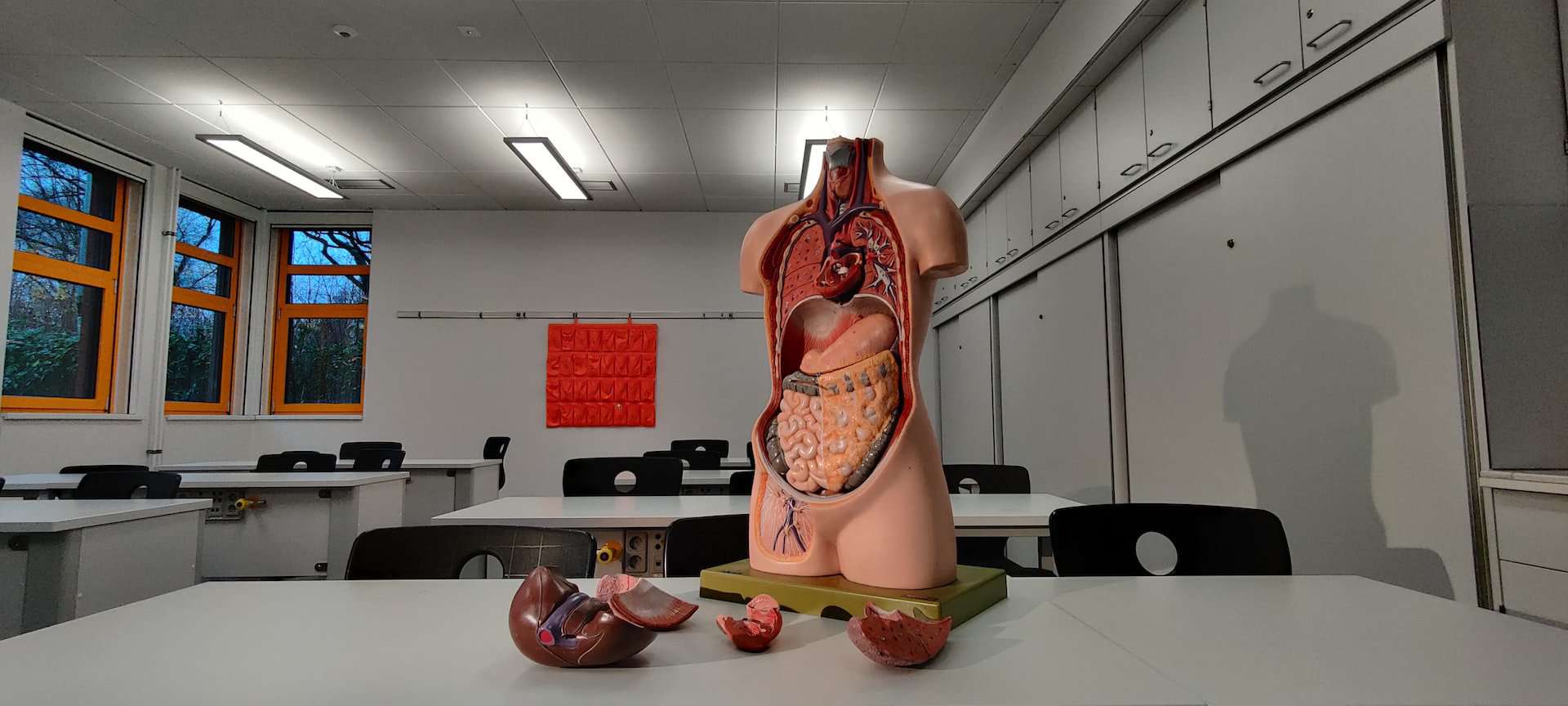
It would seem that in the 21st century the human body no longer has any secrets from us. Meanwhile, one of the most puzzling internal organs is the liver: the largest organ, performing a number of important functions. Reach out for a handful of interesting information about the workings of this organ!
The liver is a very complex organ, performing a number of functions necessary for the proper functioning of the body. Its tasks include, for example, the production and storage of energy, the production of proteins that perform functions vital to the functioning of the body, the processing of drugs or the support of the immune system at the local and systemic levels.
The human liver weighs on average as much as a small Chihuahua, up to 1,200 grams. It is located under the very chest, on the right side of the body. The liver has four lobes, and its structure is flexible. In terms of size, it is second only to the skin.
Human organs usually perform specific functions in the body. Glands are specialized types of organs that remove specific substances from the blood or filter/process them. In this regard, the liver does both.
The liver contains about 10% of the total blood circulating in the human body. It also pumps about 1.5 liters of blood per minute.
The first liver transplant in a human was performed back in 1963 by Dr. Thomas Starzl at the University of Colorado at Denver. However, the doctor’s achievement was overshadowed by the administration of the wrong immunosuppressant drug. As a result, the patient survived only a few weeks after the operation.
The liver has a unique ability to regenerate itself. Ba! Its mass grows back even when only 25 percent of the organ remains. When a donor gives more than half of his liver to a recipient, the organ returns to its original size within… two weeks!
The liver is the main organ that regulates glucose and ammonia levels in the blood. If the levels of these substances get out of control, a complication known as hepatic encephalopathy can develop, sometimes leading to coma.
In other words, if a person wants his brain to work as it should, he should take care of the liver’s condition.
Liver diseases are particularly difficult to diagnose. Many conditions, ranging from hepatitis to cirrhosis, give no symptoms in the early stages.
Many people think that if a drug consists of “natural” ingredients, it is completely safe for health. Meanwhile, scientists have determined that herbs and all plant-based medicines are processed by the liver to the same extent as ordinary pharmaceuticals.
The body needs about one gram of liver for every kilogram of body weight for the organ to perform its functions effectively.
The liver is a veritable factory that produces bile. Its daily production ranges from 700 to 1,000 ml. Bile accumulates in small tubules, from where it flows into the common bile duct and from there into the duodenum or gallbladder. Bile is a key substance in the body, responsible for the breakdown and assimilation of fats.
Every vertebrate has a liver, without which it could not live. Each liver also has the same structure and performs the same functions.
main photo: unsplash.com/Kevin Kandlbinder